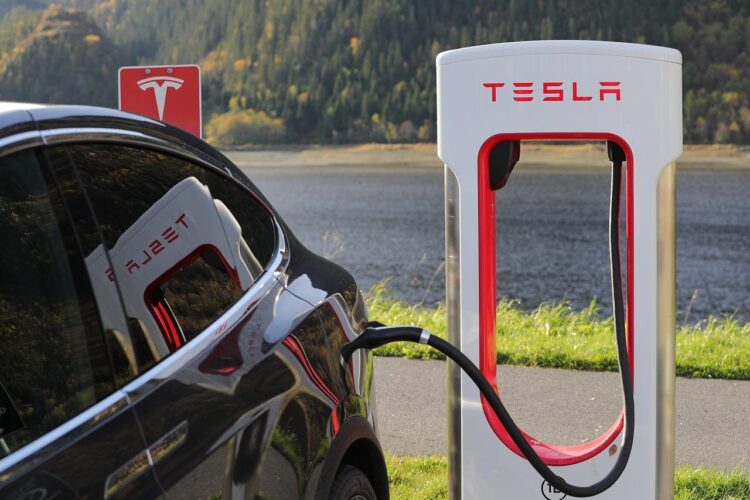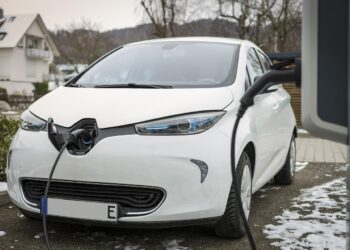Maximizing Home Efficiency: A Guide to Renewable Energy Solutions
In today’s environmentally conscious world, maximizing home efficiency is not just about reducing energy bills—it’s about contributing to a sustainable planet. Renewable energy solutions are at the forefront of this transition, offering homeowners a way to harness natural resources to power their lives cleanly and efficiently. This guide explores various renewable energy options and practical steps to enhance your home’s energy efficiency.
Understanding Renewable Energy
Renewable energy comes from natural sources or processes that are constantly replenished. Unlike fossil fuels, sources like sunlight, wind, and hydro are sustainable and less polluting. The integration of these renewable energies into your home not only helps reduce carbon footprints but also aligns with global efforts to combat climate change.
The Sun: Solar Power Solutions
Solar energy is one of the most accessible and widely used renewable resources. Residential solar power systems convert sunlight into electricity using photovoltaic (PV) panels. Modern solar systems can be sized to match your power usage, offering significant savings on electricity bills.
- Installation: Professionals can install solar panels on your roof, ensuring they get maximum sunlight.
- Costs: Initial installation costs can be high, but federal and state incentives, along with decreasing equipment costs, ease the financial burden.
- Return on Investment: Solar installations can pay for themselves over time through savings on utility bills and increased property values.
Wind at Your Back: Small-Scale Wind Turbines
For homes in windy areas, small-scale wind turbines can be an effective power source. These turbines convert wind energy into electricity, providing a clean, autonomous power supply that’s particularly effective in rural or remote areas.
- Feasibility: The effectiveness of wind turbines depends on local wind speeds, which should average at least 10 miles per hour.
- Installation: Like solar panels, wind turbines require professional installation and potentially local permits.
- Maintenance: Wind systems need regular maintenance to remain efficient and safe.
Hydro Energy: Harnessing Water Power
Hydroelectric power can also be adapted for residential use, especially if your property includes a stream or river. Micro-hydro power systems convert the energy of flowing water into electricity.
- Site-Specific: The feasibility of micro-hydro systems is highly dependent on local water flow and topography.
- Consistency: Unlike solar and wind, water flow is typically more consistent, potentially providing a steady energy supply.
Improving Home Energy Efficiency
Beyond generating your own energy, increasing the overall energy efficiency of your home can reduce your reliance on any external power, renewable or not.
Upgrading Insulation and Windows
Poor insulation and old windows are significant contributors to energy loss in homes. Upgrading these can reduce the need to heat and cool your home, cutting down on energy use.
Energy-Efficient Appliances
Replacing older appliances with energy-efficient models reduces the amount of energy your home consumes. Look for products with the ENERGY STAR label—these are certified to be more efficient than the federal standard.
Smart Home Technologies
Integrating smart home technologies—like thermostats that learn your schedule and adjust temperatures accordingly—can also lead to substantial energy savings. These devices ensure that you are only using energy when necessary.
Choosing the Right Renewable Energy Solution
Choosing the right renewable energy solution for your home involves evaluating your local environment and energy needs. Solar power is universally useful, while wind and hydro might be more situational but highly effective under the right conditions.
Professional Assessments
Consider having an energy audit performed by a professional who can assess potential energy savings and recommend the appropriate renewable energy solutions. They can provide you with a detailed analysis of your energy usage patterns and suggest comprehensive upgrades and changes.
Financial Incentives and Support
Many governments offer financial incentives to encourage homeowners to switch to renewable energy. These might include tax breaks, rebates, or grant programs. Local utility companies might also offer programs to purchase excess power generated by home renewable energy systems, further offsetting installation costs.
Conclusion
Embracing renewable energy solutions and enhancing home efficiency are impactful steps towards a sustainable future. Each step not only contributes to environmental preservation but also to your financial health via long-term savings on energy costs. With the right knowledge, professional help, and government support, you can transform your home into a model of energy efficiency and sustainability.
Ultimately, while the transition to renewable energy may seem daunting initially, the benefits of such investments, both personal and global, will undoubtedly outweigh the initial costs and efforts in the long run.









